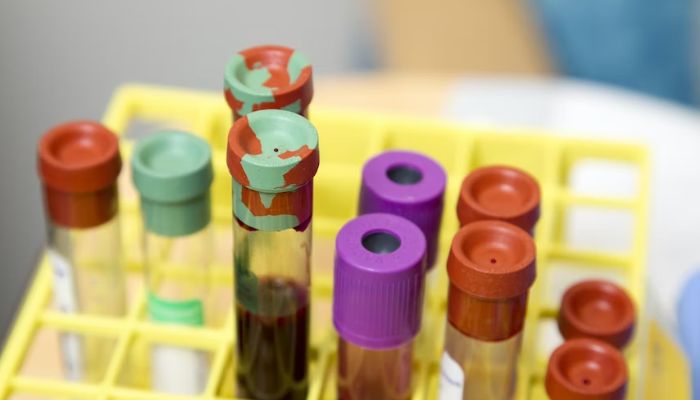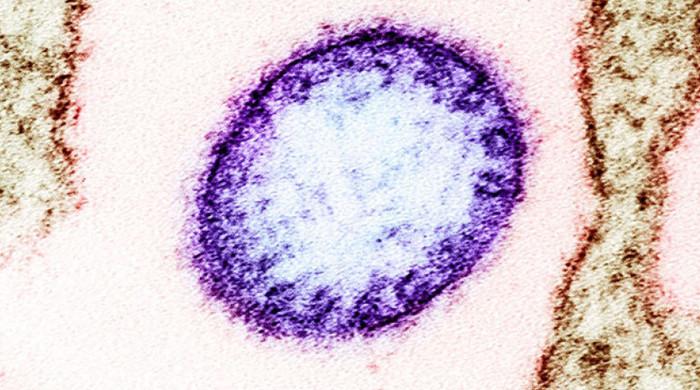Which blood type is most at risk for heart disease?
Not only is knowing your blood type critical in an emergency, but it can also give you some valuable health-related information
February 08, 2023

Every person falls into one of the following blood-type categories based on the microscopic variances in their blood: A-positive, A-negative, B-positive, B-negative, O-negative, O-positive, AB-positive, and AB-negative.
These tiny distinctions usually go unnoticed until you need a blood transfusion during an emergency or you donate blood and find out the type you have.
Not only is knowing your blood type critical in an emergency, but it can also give you some valuable health-related information.
Current blood type research indicates that they may matter more than we realise, at least for determining the risk for illnesses, including heart disease, reported CNET. Some people may have an advantage in preventing cardiovascular problems due to these variations in their blood, while others may be more vulnerable.
What is blood type?
The many ABO gene variants, which direct our blood cells to divide into various blood groups in unique ways, are represented by the letters A, B, and O. For instance, if you have type AB blood, your body is set up to create A and B antigens on your red blood cells. When someone has type O blood, no antigens are produced.
Whether red blood cells have proteins attached determines whether blood is considered "positive" or "negative." You are Rh-positive if your blood contains proteins.
Since type O-negative blood has no antigens or proteins, people with this blood type are referred to as "universal donors" because anyone's body can take it in an emergency.
Which blood type is most at risk for heart disease?
According to the American Heart Association, those with type A, type B, or type AB blood are more likely to suffer a heart attack or develop heart failure than people with type O blood.
"While the increased risk is small (types A or B had a combined 8% higher risk of heart attack and 10% increased risk of heart failure, according to one large study) the difference in blood clotting rates is much higher," Jessica Randall from CNET said in a blog post.
In the same study, people with type A and type B blood had a 51% higher chance of deep vein thrombosis and a 47% higher risk of pulmonary embolism, both of which are serious blood clotting diseases that can also raise the risk of heart failure.
According to Dr Douglas Guggenheim, a haematologist with Penn Medicine, the inflammation that occurs in the bodies of those with type A, type B, or type AB blood could be the cause of this elevated risk. Type A and type B blood proteins may result in more "blockage" or "thickening" in the veins and arteries, increasing the risk of blood clotting and heart disease.
This, as per Guggenheim, may also explain the anecdotal (but unproven) evidence that type O blood recipients had a lower likelihood of developing severe COVID-19 disease.











